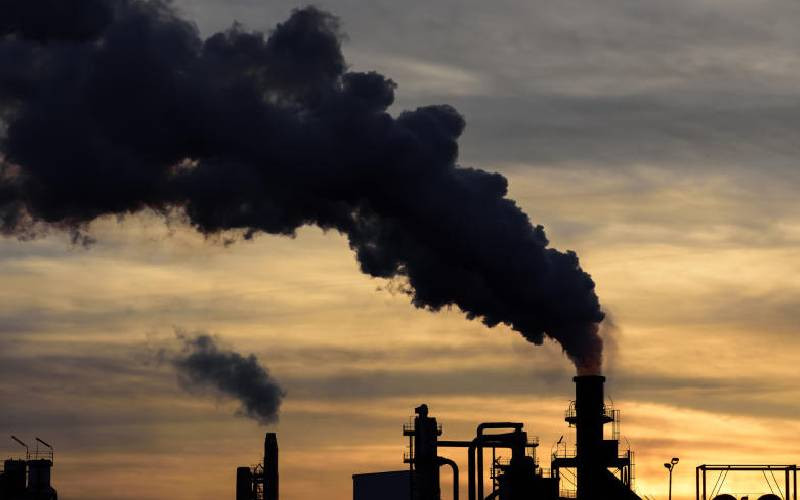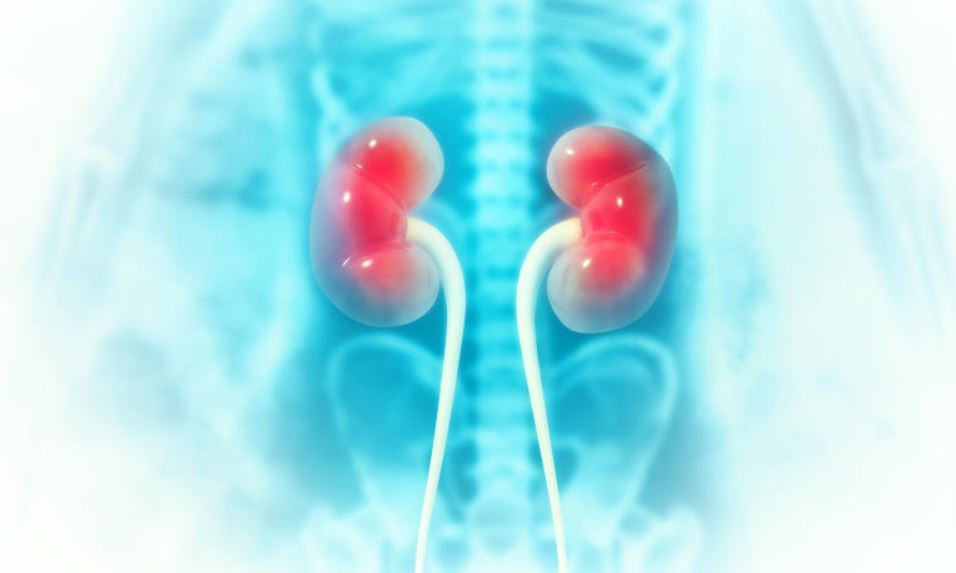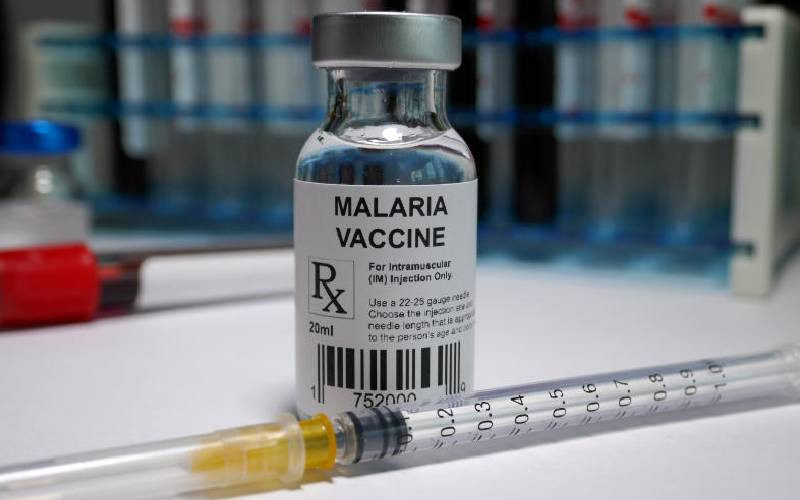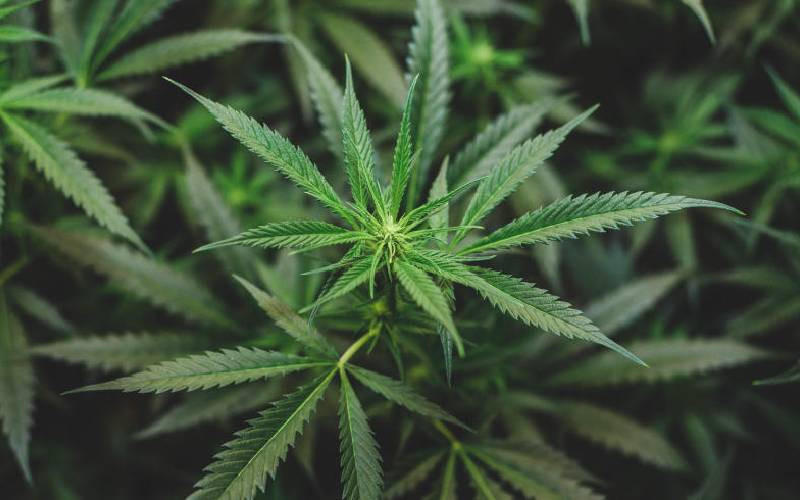
Cleaning up the air we breathe may be a win for public health, but it also speeds up global warming. That’s according to a recent study published in Communications Earth and Environment Journal, which linked the recent clean-up of air pollution in East Asia to the acceleration of the climate crisis.
Co-author Robert Allen, climatology professor at the University of California, Riverside, said: “When something like the anomalous, record-breaking warmth of 2023 and 2024 happens, climate scientists start to wonder if there’s a factor we’re missing. This study was our effort to figure out what that might be.”
Scientists have found that most of the acceleration in warming observed since 2010 was likely due to efforts against air pollution in East Asia.
Global warming has continued to intensify, with 2024 confirmed as the warmest year on record, exceeding 1.5 degrees Celsius above pre-industrial levels for the first time. The past decade (2015-2024) was the warmest on record, and each of the last four decades has been warmer than any previous decade since 1850. Human-induced warming is currently increasing at a rate of 0.25 1.5 degrees Celsius per decade.
In the same period, China had implemented drastic air quality policies that slashed sulphur dioxide emissions by approximately 75 per cent.
All this is happening because of the shift or change, and climate change is the long-term shift in the Earth’s average temperatures and weather conditions.
Bjorn Samset, lead author of the study and senior researcher at the Centre for International Climate and Environmental Research in Norway, highlighted why pollution has a cooling effect.
- Explainer: How to register a hospital in Kenya
- When medicine fails: How antibiotic resistance nearly took Dr Kariuki's life
- Global warming linked to consumption of sugary drinks, ice cream
- Why Kenya's babies are missing mother's milk
Keep Reading
“Think back to a polluted or hazy day; the particles in the air stop some of the sunlight from reaching the surface and therefore act as a cooling sunshade.”
“Air pollution has been counteracting some of the global warming from greenhouse gases,” Dr Samset said.
He explained that removing air pollution, as China has done, also removes some of this shading, “and the artificial cooling we’ve had for a while has started to diminish.” However, the solution isn’t to leave the pollution there.
Allen said: “Air quality improvements are a no-brainer for public health.
‘‘But if we want to prevent the worst impacts of climate change, we have to cut carbon dioxide and methane, too. The two must go hand in hand.”
Before China’s 2010 air quality policies, pollution was a leading cause of premature death in the country.
As well as cutting greenhouse gases, some scientists have suggested wackier solutions to slowing the climate crisis, such as putting pollution back into the air.
Samset said this would involve “adding particles to the stratosphere, or into clouds, where they can have the same effects as air pollution, but without most of the negative health impacts.”
To do this, he explained, a plane could spray gases into the air from 20 km above the ground, far higher than a passenger flight, or scientists could inject sea spray or other natural particles into clouds.
According to the World Health Organisation, climate change presents a fundamental threat to human health. It affects the physical environment as well as all aspects of both natural and human systems.
As climatic conditions change, more frequent and intensifying weather and climate events are observed, including storms, extreme heat, floods, droughts, and wildfires.
These weather and climate hazards affect health both directly and indirectly, increasing the risk of deaths, non-communicable diseases, the emergence and spread of infectious diseases, and health emergencies.
Climate change is also having an impact on our health workforce and infrastructure, reducing capacity to provide universal health coverage.
More fundamentally, climate shocks and growing stresses, such as changing temperature and precipitation patterns, drought, floods, and rising sea levels, degrade the environmental and social determinants of physical and mental health.
 The Standard Group Plc is a multi-media organization with investments in media
platforms spanning newspaper print
operations, television, radio broadcasting, digital and online services. The
Standard Group is recognized as a
leading multi-media house in Kenya with a key influence in matters of national
and international interest.
The Standard Group Plc is a multi-media organization with investments in media
platforms spanning newspaper print
operations, television, radio broadcasting, digital and online services. The
Standard Group is recognized as a
leading multi-media house in Kenya with a key influence in matters of national
and international interest.











